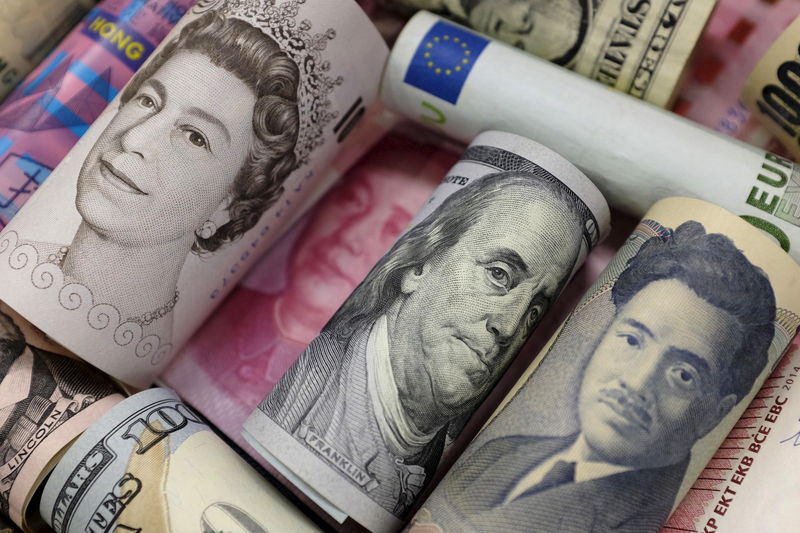HONG KONG (Reuters) - Hong Kong residents leaving the city to move to Britain could trigger capital outflows of HK$280 billion ($36 billion) this year from the Asian financial centre, a new report published by Bank of America (NYSE:BAC) (BofA) said.
Beijing's move to impose a national security law in June last year prompted Britain to offer refuge to almost 3 million Hong Kong residents eligible for the British National Overseas (BNO) passport from January 31.
From then, these residents will be eligible to stay in Britain for five years, at which point they can apply for settlement if requirements are met and ultimately citizenship.
A British Home Office study, published last year, estimated 153,300 people could arrive in Britain from Hong Kong in 2021 as the immigration changes came into effect.
BofA estimated if those leaving sold a Hong Kong apartment for HK$7.53 million ($971,224.41) – the average price in the city's Kowloon district – and withdrew their pension savings then the capital outflow in 2021 could reach HK$280.2 billion.
Emigration could be as high as 321,600 residents in the next five years starting in January last year, the British Home Office study estimated.
The number of emigrants is expected to fall over the next four years, the Home Office study said. As a result, BofA forecast that the impact on the Hong Kong dollar from the departing population would be reduced.
In total, over five years, BofA said the capital outflow from Hong Kong could reach HK$588 billion ($75.8 billion).
"Capital outflows tied to emigration could help push USDHKD away from 7.75, the bottom end of the band," BofA strategist Chun Him Cheung said in the research note.
He said the capital outflow should not hurt Hong Kong's short term interest rates as liquidity remains strong as a result of the low lending rates around the world.
($1 = 7.7531 Hong Kong dollars)
